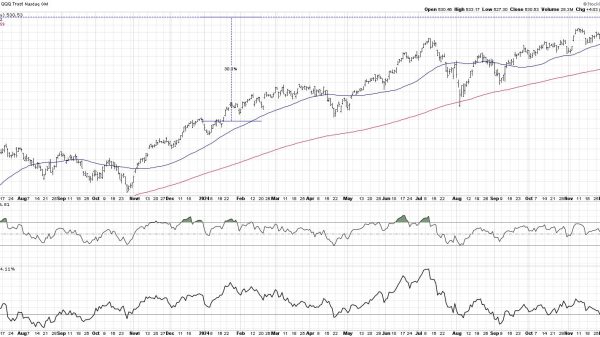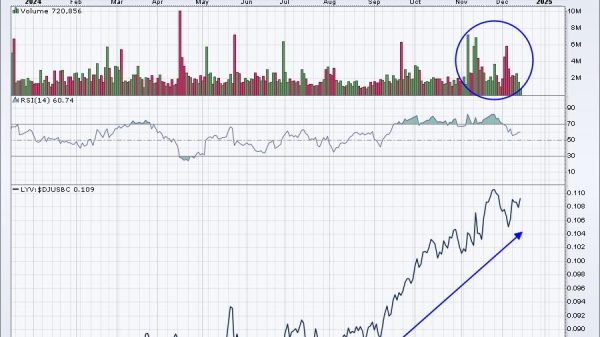The widespread acceptance of progressive taxation of income has emboldened the Biden Administration illegitimately to impose progressive mortgage interest rates.
The federal government imposes a progressive income tax. It is called “progressive” because the tax rates increase as a taxpayer’s income increases. Higher-income people pay higher tax rates than lower-income people do.
On April 20, the Biden Administration announced that starting on May 1, Fannie Mae and Freddie Mac mortgage lenders must charge “loan-level price adjustment” (LLPA) upfront fees to people with good credit scores. That surcharge will be converted into a higher interest rate for the loan, effectively used to subsidize borrowers with poor credit scores. Since credit ratings are positively correlated with income levels, Biden’s FHFA rule imposes progressive interest rates.
Some commentators have questioned the FHFA rule’s incentive effects, but no one seems to have questioned its legitimacy. What is the underlying principle that justifies such a facially discriminatory policy? I think the lack of concern about legitimacy is due to the fact that almost all commentators, even economists, have, for far too long, uncritically accepted the legitimacy of progressive income tax rates.
Most politicians justify progressive income tax rates on the basis of one’s ability to pay. But this simply says, “If you have it, we will take it.” There is no limiting principle. Politicians assert the power arbitrarily to determine any individual’s ability to pay. Your “fair share” of taxes is the amount that leaves you with the income they think you should be permitted to keep, regardless of the harm that your tax burden does to you. This is simply unprincipled brute force.
Most economists justify progressive rates with a more sophisticated, albeit fallacious, argument. It goes like this: people with high incomes place less significance on losing, say, $500 than people with lower incomes. To low-income people, a $500 loss is likely to be a heavy burden, while to high-income people, that same loss is not so much of a burden. Economists call this the principle of declining marginal significance (or utility) of income: As income rises, the significance one places on getting a specific amount more, or losing that specific amount, declines. This is an intuitively reasonable proposition. It doesn’t, however, justify progressive income tax rates.
Proceeding from declining marginal significance of income, in search of a guiding principle, economists argue that justice in income taxation requires that taxpayers should suffer equal burdens from income taxation. They say government provides benefits to all of us, so we should bear equal burdens to pay for those benefits. They then mistakenly jump to the conclusion that justice requires higher-income people to pay higher rates than lower-income people. Even ignoring the unequal distribution of government benefits, this is a non sequitur.
The principle of declining marginal significance of income implies that under the equal burden rule, higher-income people should pay more dollars in income taxes than lower-income people. It doesn’t, however, tell us how many more. There is no way to measure the burdens people feel when some of their income is taken from them. Felt burdens are subjective.
A proportional (or flat) income tax, wherein every taxpayer pays the same tax rate, is consistent with the declining marginal significance of income under the equal burden rule. Higher-income people would pay more tax dollars than lower-income people (x percent of $100,000 is more dollars than x percent of $10,000). There is no way to prove that a proportional income tax would equalize felt tax burdens, but proportionality is a widely accepted principle of simple justice. We often consider disproportionality — say, in sentencing criminals — to be unjust.
It certainly would be easier to administer a proportional tax than a progressive income tax. Moreover, under a proportional tax it would no longer be possible for people like Joe Biden to claim that, “No one who makes less than $400,000 will be affected by my tax increases.” Any tax-rate increase would affect every taxpayer. Therefore, the electorate would be significantly more resistant to proposed tax increases than it is now.
Whatever one thinks about a proportional income tax, the principle of declining marginal significance of income doesn’t justify progressive income tax rates. Neither does it justify progressive mortgage interest rates. Biden’s FHFA rule is the latest example of the government illegitimately taking a bigger share of individual income under the rubric “fair share.”
























